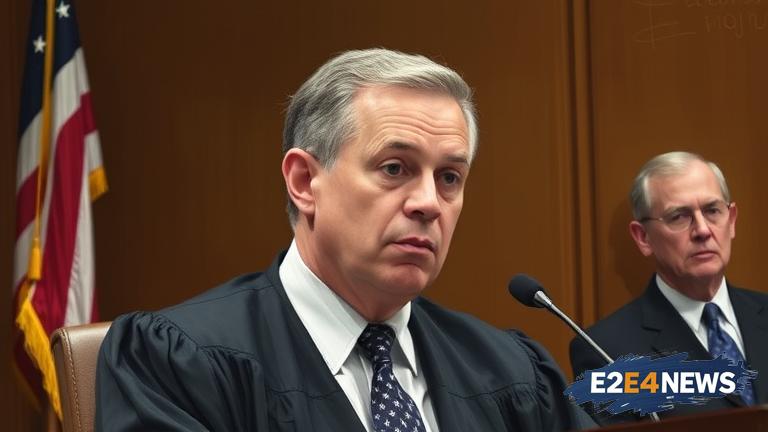In a significant legal move, a judge presiding over the Kohberger case has issued a gag order to prevent any pretrial publicity that could potentially influence the trial’s outcome. This order is aimed at ensuring that the defendant receives a fair trial by safeguarding against external influences that might sway the jury’s impartiality. The gag order applies to all parties involved, including the prosecution, defense, and investigators, prohibiting them from making public statements about the case. This legal tactic is commonly employed in high-profile cases to maintain the integrity of the judicial process. The case against Kohberger has garnered substantial media attention, prompting concerns about the potential impact of public opinion on the trial. By imposing the gag order, the court seeks to balance the public’s right to information with the defendant’s right to a fair trial. Both the prosecution and defense have agreed to the order, underscoring their commitment to upholding the principles of justice. The order emphasizes the importance of avoiding any statements that could prejudice the jury or affect the trial’s fairness. It also highlights the challenges posed by extensive media coverage in maintaining the integrity of legal proceedings. The judge’s decision reflects a proactive approach to managing the case’s visibility and ensuring that all parties adhere to ethical standards. The gag order will remain in effect until the trial concludes, with potential consequences for violations, including contempt of court charges. This measure demonstrates the judiciary’s commitment to a fair and unbiased trial, essential in high-stakes cases. The case serves as a reminder of the delicate balance between public interest and the legal system’s need for confidentiality. By restricting external commentary, the court aims to protect the jury from external influences, ensuring their decisions are based solely on the evidence presented. This approach is crucial in preserving the integrity of the trial and upholding the principles of justice. The implementation of the gag order in the Kohberger case underscores the judiciary’s role in managing the intersection of media and legal proceedings.
